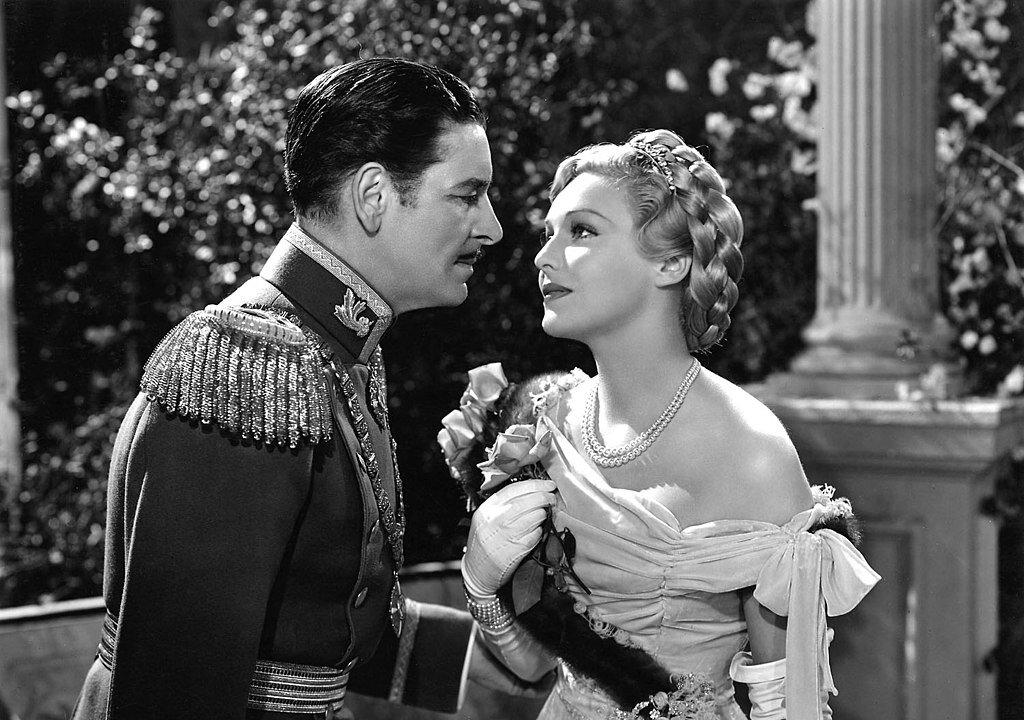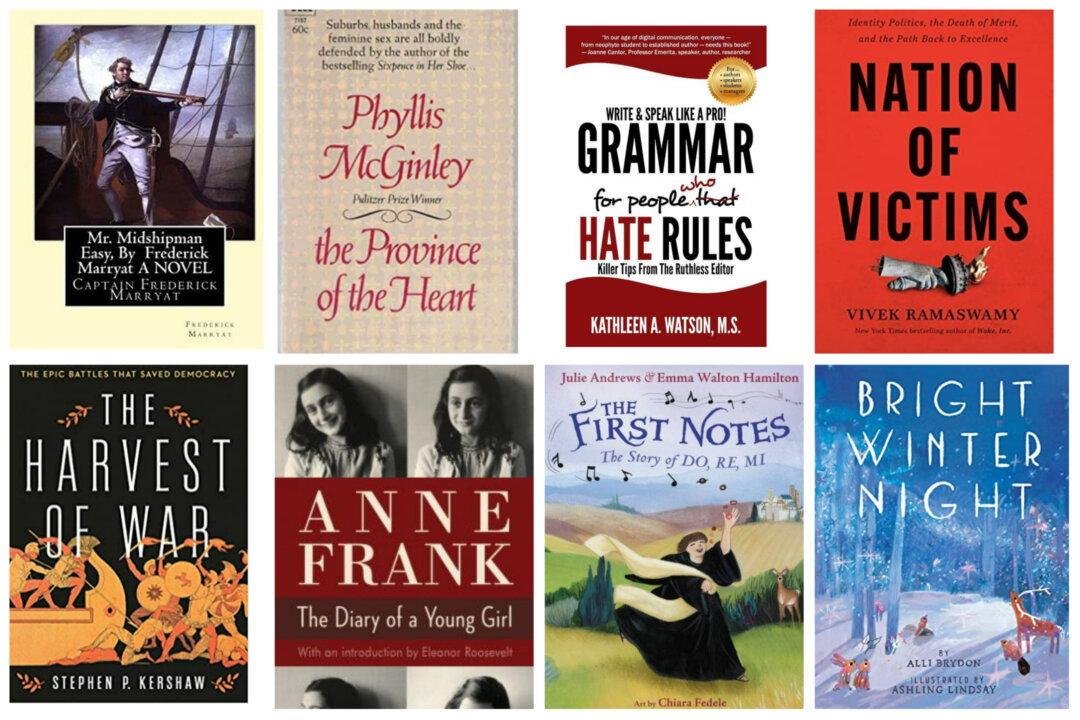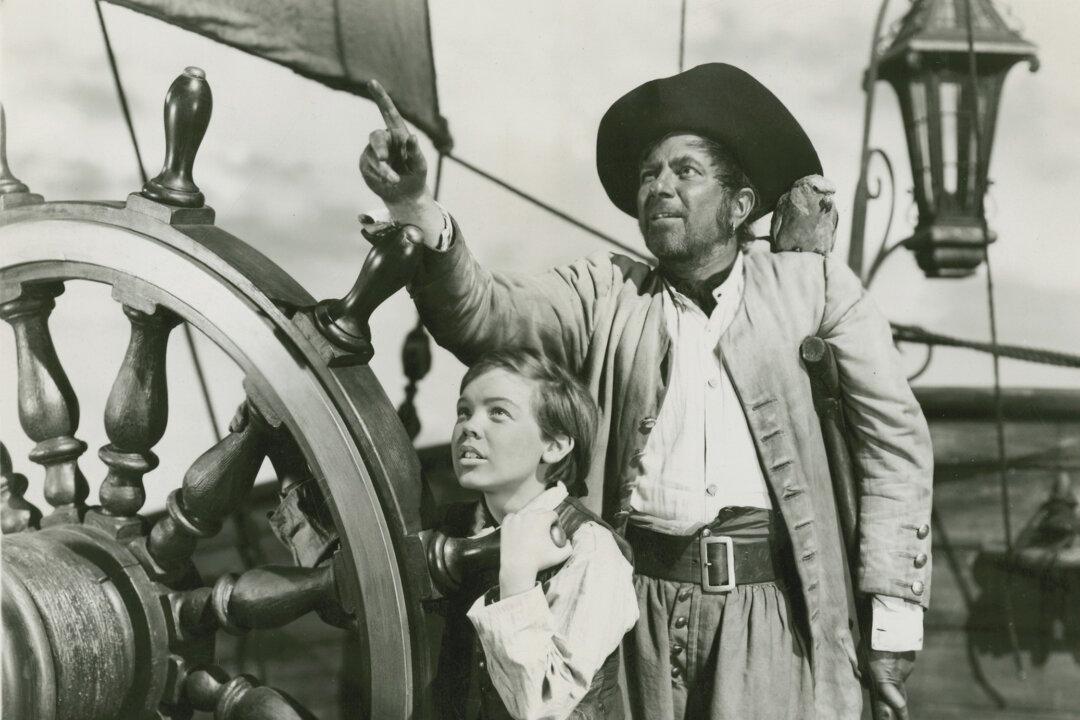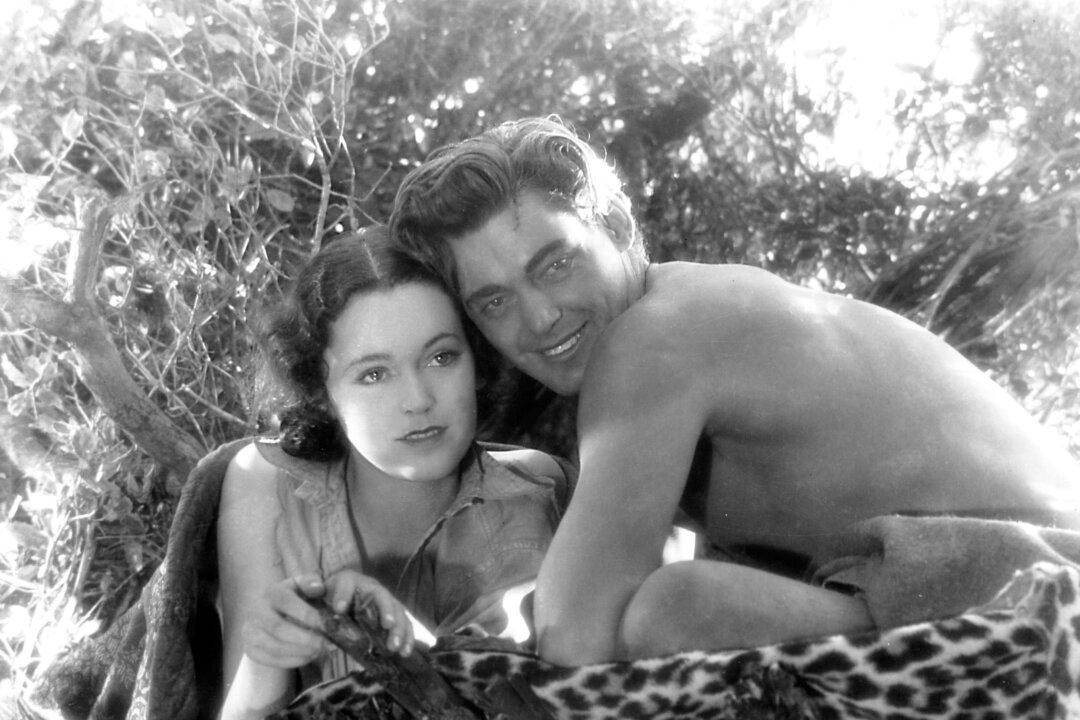This “spirited and gallant little book,” as Robert Louis Stevenson called it, is gloriously upbeat. It is unafraid to take a positive, unapologetic stance on the side of virtue and valor. The best summer books remind people of the warm spirit of optimism that makes life refreshing and exciting.
“The Prisoner of Zenda,” written in 1894 by Anthony Hope, flows with optimism, and there is nothing like it on a summer night to prepare for a cynical world the next day. “Zenda” has it all, and irresistibly so. It’s an antidote for cynicism because it confronts the old world with a newer world, and it does so in a carefree manner that is buoyant, rejoicing in the thrill of life with an infectious result.





